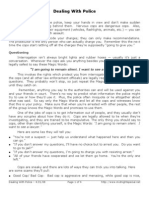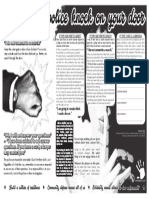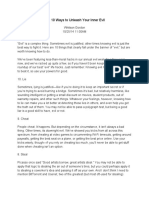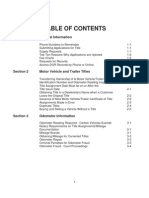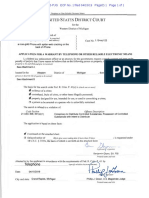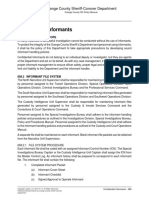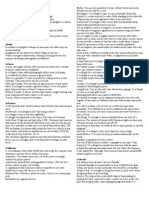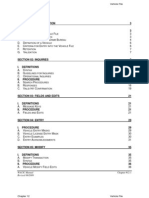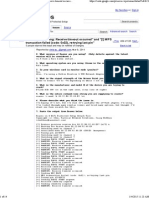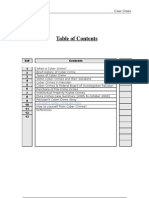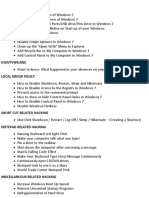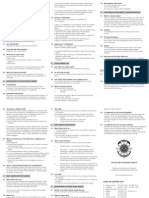100% found this document useful (1 vote)
321 views9 pagesA Practical Guide To Dealing With The Police
This document provides a guide for dealing with the police in England and Wales. It advises that if contacted by police, individuals should remain silent and not answer questions, as anything said can be used against them in court. It also recommends asking for officer names and badge numbers, and allowing or recording interactions. If arrested, individuals should wait to speak to a solicitor before answering questions during an interview. Overall, the guide cautions that police are not impartial and aims to build cases, so individuals should avoid self-incrimination by remaining silent and seeking legal counsel when dealing with or being questioned by law enforcement.
Uploaded by
Johnny DangermanCopyright
© © All Rights Reserved
We take content rights seriously. If you suspect this is your content, claim it here.
Available Formats
Download as PDF, TXT or read online on Scribd
100% found this document useful (1 vote)
321 views9 pagesA Practical Guide To Dealing With The Police
This document provides a guide for dealing with the police in England and Wales. It advises that if contacted by police, individuals should remain silent and not answer questions, as anything said can be used against them in court. It also recommends asking for officer names and badge numbers, and allowing or recording interactions. If arrested, individuals should wait to speak to a solicitor before answering questions during an interview. Overall, the guide cautions that police are not impartial and aims to build cases, so individuals should avoid self-incrimination by remaining silent and seeking legal counsel when dealing with or being questioned by law enforcement.
Uploaded by
Johnny DangermanCopyright
© © All Rights Reserved
We take content rights seriously. If you suspect this is your content, claim it here.
Available Formats
Download as PDF, TXT or read online on Scribd
/ 9

